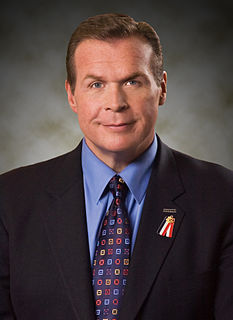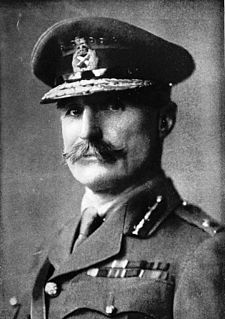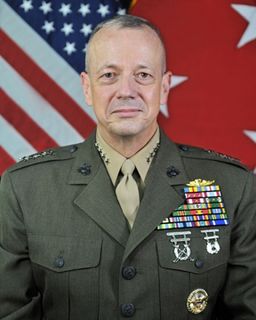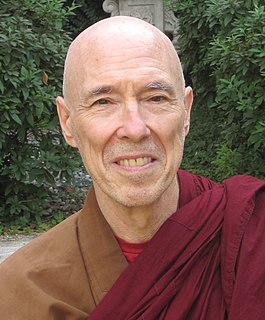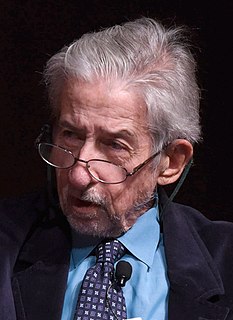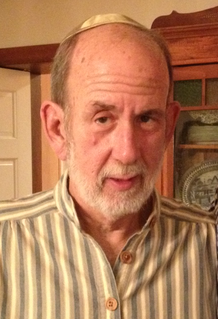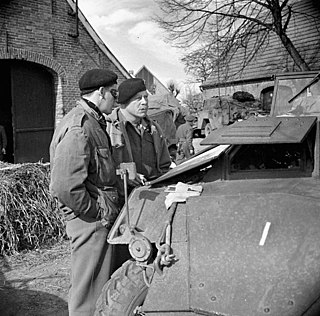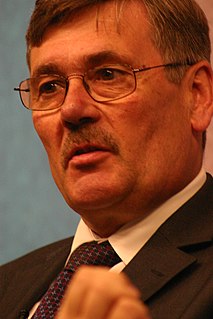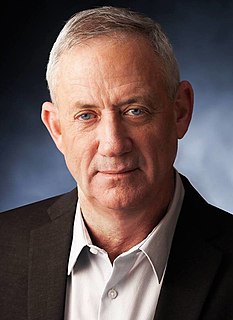Top 466 Civilian Casualties Quotes & Sayings
Explore popular Civilian Casualties quotes.
Last updated on April 18, 2025.
It seems perverse to focus too much on the casualties or hardship in Afghanistan ...[Showing the misery of Afghanistan ran the risk of] promoting enemy propaganda...we must talk about how the Taliban are using civilian shields and how the Taliban have harboured the terrorists responsible for killing close up to 5,000 innocent people.
That the Islamic State is guilty of horrific atrocities is common knowledge. But most Americans seem unaware of the human toll of our own actions, the consequences this has for our national security and our reputation, and that, too often, the civilian casualties we cause are the result of avoidable mistakes. This must change.
I try to express with the camera what the story is, to get to the heart of the story with picture. In battle I look at things first in terms of people, second in terms of strategies or casualties... To tell a story, you don't photograph one hundred dead civilians to prove there were one hundred dead civilians. You photograph one dead civilian with an expression on his face that says, This is what it's like if you're a dead civilian in Vietnam.
By calling attention to 'a well regulated militia,' 'the security of the nation,' and the right of each citizen 'to keep and bear arms,' our founding fathers recognized the essentially civilian nature of our economy... The Second Amendment still remains an important declaration of our basic civilian-military relationships in which every citizen must be ready to participate in the defense of his country. For that reason I believe the Second Amendment will always be important.
The cost of an on-site inspection team would be minuscule compared to war, Saddam would have no choice except to comply, the results would be certain, military and civilian casualties would be avoided, there would be almost unanimous worldwide support, and the United States could regain its leadership in combating the real threat of international terrorism.
The misunderstandings - or, what really bothers me are the intentional misrepresentations of the facts, which take place on a fairly regular basis. To think that we, people who are involved in counterterrorism, do not care about civilian casualties or deaths or injuries, is just totally, totally wrong.
I took the position of organizing 126 Democrats who voted against the Iraq war resolution. And I happen to think it was the right position. Today we're faced with over 500 casualties, a cost of over $200 billion, and it could rise the casualties could go into the thousands and the costs could go over a half trillion if we stay there for years, as a number of people on this stage intend to see happen.
Qatar-based 'Al-Jazeera,' the most important news channel in the Arab world, was harshly criticized by high U.S. officials for having 'emphasized civilian casualties' during the destruction of Falluja. The problem of independent media was later resolved when the channel was kicked out of Iraq in preparation for free elections.
The truth is that, in trying to get at terrorists who are in countries that either are unwilling or unable to capture those terrorists or disable them themselves, there are a lot of situations where the use of a drone is going to result in much fewer civilian casualties and much less collateral damage than if I send in a battalion of marines.
Neoconservatives and the Pentagon have good reason to fear the return of the Vietnam Syndrome. The label intentionally suggests a disease, a weakening of the martial will, but the syndrome was actually a healthy American reaction to false White House promises of victory, the propping up of corrupt regimes, crony contracting and cover-ups of civilian casualties during the Vietnam War that are echoed today in the news from Baghdad.
I guess what surprised me the most was the discrepancy in casualties: Iraq, one hundred fifty thousand casualties, USA: seventy-nine! Let's go over those numbers again, they're a little baffling at first: Iraq: 150,000, USA: 79. Does that mean we could have won with only 80 guys there? Just one guy in a ticker-tape parade, "I did it! Hey!"
The United States is at war with the al Qaeda terrorist group. Al Qaeda is not a nation-state and it has not signed the Geneva Conventions. It shows no desire to obey the laws of war; if anything it directly violates them by disguising themselves as civilians and attacking purely civilian targets to cause massive casualties.
What is and isn't justified by military necessity is, naturally, open to interpretation. One of the key concepts, though, is the law of proportionality. A military attack that results in civilian casualties - 'collateral damage' - is acceptable as long as the military benefits outweigh the price that is paid by humanity.
"Peace" is a condition in which no civilian pays any attention to military casualties which do not achieve page-one, lead-story prominence-unless that civilian is a close relative of one of the casualties. But, if there ever was a time in history when "peace" meant that there was no fighting going on, I have been unable to find out about it.


